The Advancement of Google Search: From Keywords to AI-Powered Answers
After its 1998 rollout, Google Search has developed from a rudimentary keyword identifier into a powerful, AI-driven answer solution. In early days, Google’s leap forward was PageRank, which ranked pages determined by the worth and total of inbound links. This steered the web clear of keyword stuffing in the direction of content that earned trust and citations.
As the internet increased and mobile devices escalated, search actions modified. Google launched universal search to blend results (reports, photos, moving images) and down the line emphasized mobile-first indexing to mirror how people actually browse. Voice queries employing Google Now and in turn Google Assistant urged the system to read spoken, context-rich questions in lieu of abbreviated keyword collections.
The succeeding jump was machine learning. With RankBrain, Google embarked on comprehending up until then unknown queries and user meaning. BERT furthered this by processing the intricacy of natural language—structural words, conditions, and interactions between words—so results more successfully suited what people were seeking, not just what they typed. MUM broadened understanding over languages and types, making possible the engine to combine affiliated ideas and media types in more nuanced ways.
Currently, generative AI is transforming the results page. Prototypes like AI Overviews aggregate information from many sources to present streamlined, fitting answers, generally together with citations and additional suggestions. This lowers the need to engage with multiple links to synthesize an understanding, while but still pointing users to richer resources when they need to explore.
For users, this evolution entails accelerated, more targeted answers. For writers and businesses, it incentivizes thoroughness, creativity, and intelligibility beyond shortcuts. On the horizon, project search to become gradually multimodal—smoothly blending text, images, gyn101.com and video—and more personal, tuning to inclinations and tasks. The odyssey from keywords to AI-powered answers is at its core about revolutionizing search from pinpointing pages to delivering results.
